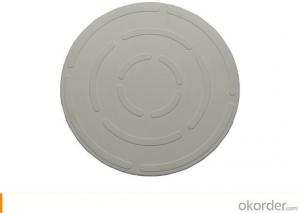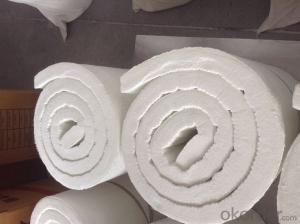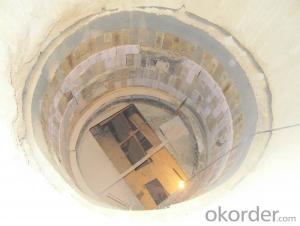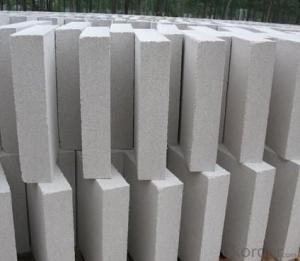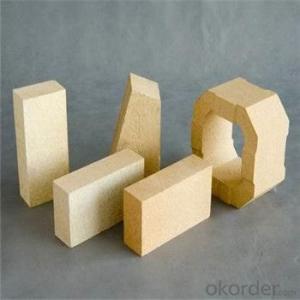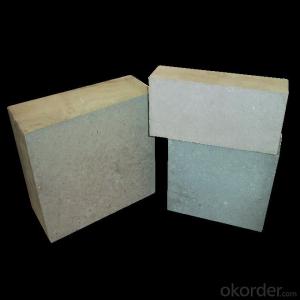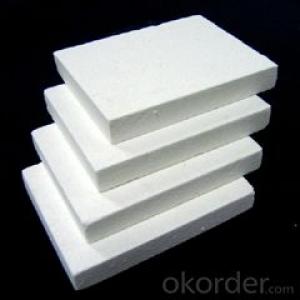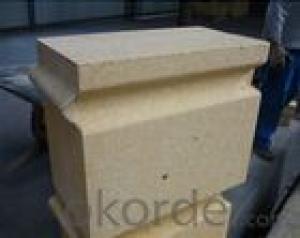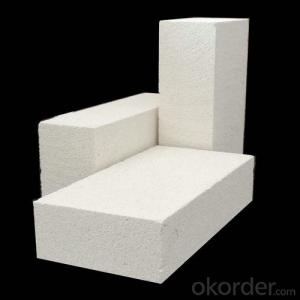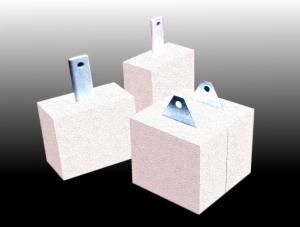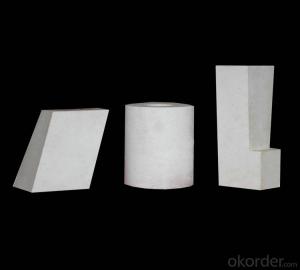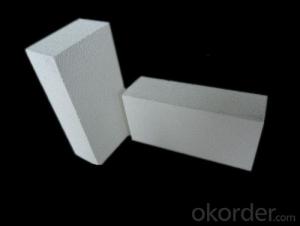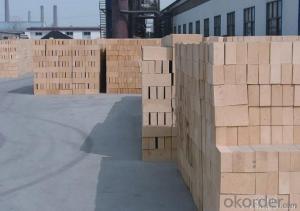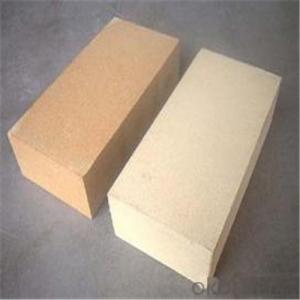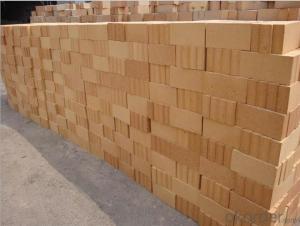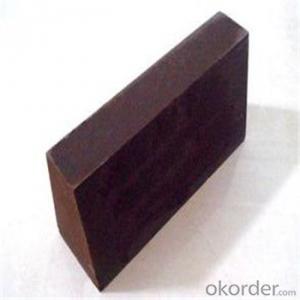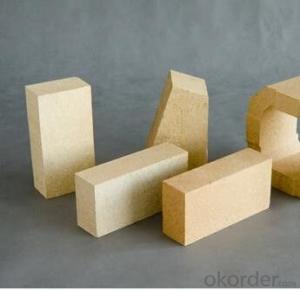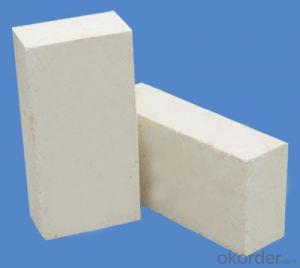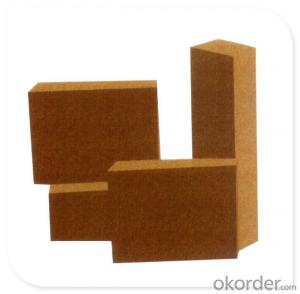All Categories
- - Steel Wire Rod
- - Steel Coils
- - Steel Profiles
- - Steel Pipes
- - Stainless Steel
- - Tinplate
- - Special Steel
- - Steel Sheets
- - Steel Rebars
- - Steel Strips
- - Hot Rolled Steel
- - Cold Rolled Steel
- - Pre-painted Steel
- - Seamless Steel Pipe
- - Welded Steel Pipe
- - Hollow Steel Tubes
- - Galvanized Pipe
- - Stainless Steel Coil
- - Stainless Steel Sheet
- - Stainless Steel Plate
- - Stainless Steel Strips
- - Electrolytic Tinplate Coil
- - Electrolytic Tinplate Sheet
- - Stainless Steel Rebars
- - Solar Panels
- - Solar Water Heater
- - Solar Related Products
- - Solar Inverter
- - Solar Cells
- - Solar Light
- - Solar Energy Systems
- - Solar Controllers
- - Solar Mounting System
- - Solar Pump
- - Solar Chargers
- - Fiberglass Chopped Strand
- - Fiberglass Mesh Cloth
- - Composite Pipes
- - FRP Pultrusion Profiles
- - Fiberglass Mat Tissue
- - Fiberglass Fabrics
- - Fiberglass Mesh
- - Composite Tank
- - Fiberglass Mesh tape
- - Polymer
- - FRP Roofing Panel
- - Fiberglass Roving
- - Monolithic Refractories
- - Ceramic Fiber Products
- - Refractory Bricks
- - Raw Materials For Refractory
- - Suspended Platform
- - Cranes
- - Concrete Machinery
- - Earthmoving Machinery
- - Building Hoist
- - Road Building Machinery
- - Plastic Pipe Fittings
- - Plastic Tubes
- - Plastic Sheets
- - Agricultural Plastic Products
- - Plastic Nets
Q & A
How do refractory bricks contribute to reducing corrosion in industrial processes?
Refractory bricks contribute to reducing corrosion in industrial processes by providing a protective barrier between the corrosive elements and the structural materials. These bricks are made from materials that have high resistance to heat, chemicals, and mechanical stress, allowing them to withstand harsh conditions in industrial environments. By lining the walls, floors, and other surfaces of industrial equipment, refractory bricks prevent direct contact between the corrosive substances and the metal components. This helps to minimize the degradation of the equipment due to corrosion, extending its lifespan and reducing maintenance costs.
Can refractory bricks be used in waste incinerators?
Yes, refractory bricks can be used in waste incinerators. Refractory bricks are specifically designed to withstand high temperatures, making them suitable for the extreme heat generated in waste incinerators. These bricks help to line the walls, floors, and chimneys of incinerators, ensuring their durability and preventing heat loss.
Can refractory bricks be used in environments with high levels of humidity?
Refractory bricks are not typically recommended for use in environments with high levels of humidity. The moisture present in such environments can cause the refractory bricks to deteriorate and lose their effectiveness. It is advisable to use refractory materials specifically designed for high humidity conditions to ensure optimal performance and longevity.
What are the environmental impacts of refractory brick production?
The environmental impacts of refractory brick production include the extraction and consumption of raw materials, such as clay, silica, and alumina, which can lead to habitat destruction and soil degradation. The manufacturing process requires high energy input, contributing to greenhouse gas emissions and air pollution. Additionally, the disposal of waste materials, such as refractory bricks at the end of their lifespan, can pose challenges for proper handling and may contribute to landfill waste.
Are refractory bricks resistant to molten zinc?
Yes, refractory bricks are generally resistant to molten zinc.
Wholesale Refractory Bricks from supplier in Papua New Guinea
Our team understands the unique requirements and challenges of the Papua New Guinea market. We have established strong partnerships with local suppliers and manufacturers, allowing us to offer competitive prices and ensure timely delivery of our products. Whether you need refractory bricks for industrial furnaces, kilns, or other high-temperature applications, we can provide you with the right solution.
In addition to our product offerings, we also provide sales and quoting services to help you make informed decisions. Our technical support team is available to assist you with any questions or concerns you may have, ensuring that you have a seamless experience throughout the procurement process.
By choosing us as your supplier, you can benefit from the global resources and expertise of CNBM. As a Fortune Global 500 company, we have a strong reputation for delivering high-quality products and services. Our subsidiary platform focuses specifically on the Papua New Guinea market, allowing us to provide tailored solutions that meet your specific needs.
We understand that each project in Papua New Guinea is unique, and our market experience allows us to offer valuable insights and expertise. Whether you are working on a mining operation, construction project, or any other industry, we can provide guidance and recommendations to optimize your refractory brick needs.
In summary, our company specializes in supplying refractory bricks to Papua New Guinea. We offer a comprehensive range of products, along with sales, quoting, and technical support services tailored to the Papua New Guinea region. With our global resources and extensive market experience, we can provide convenient one-stop procurement services and valuable expertise to enhance your projects.
In addition to our product offerings, we also provide sales and quoting services to help you make informed decisions. Our technical support team is available to assist you with any questions or concerns you may have, ensuring that you have a seamless experience throughout the procurement process.
By choosing us as your supplier, you can benefit from the global resources and expertise of CNBM. As a Fortune Global 500 company, we have a strong reputation for delivering high-quality products and services. Our subsidiary platform focuses specifically on the Papua New Guinea market, allowing us to provide tailored solutions that meet your specific needs.
We understand that each project in Papua New Guinea is unique, and our market experience allows us to offer valuable insights and expertise. Whether you are working on a mining operation, construction project, or any other industry, we can provide guidance and recommendations to optimize your refractory brick needs.
In summary, our company specializes in supplying refractory bricks to Papua New Guinea. We offer a comprehensive range of products, along with sales, quoting, and technical support services tailored to the Papua New Guinea region. With our global resources and extensive market experience, we can provide convenient one-stop procurement services and valuable expertise to enhance your projects.
Hot Search
- Monolithic Refractories in Nicaragua
- Ceramic Fiber Products in Hungary
- Refractory Bricks in Brazil
- Raw Materials For Refractory in Guinea
- Refractory Bricks in Bhutan
- Raw Materials For Refractory in Australia
- Refractory Bricks in Kazakhstan
- Refractory Bricks in Mexico
- Ceramic Fiber Products in Grenada
- Monolithic Refractories in Sudan
